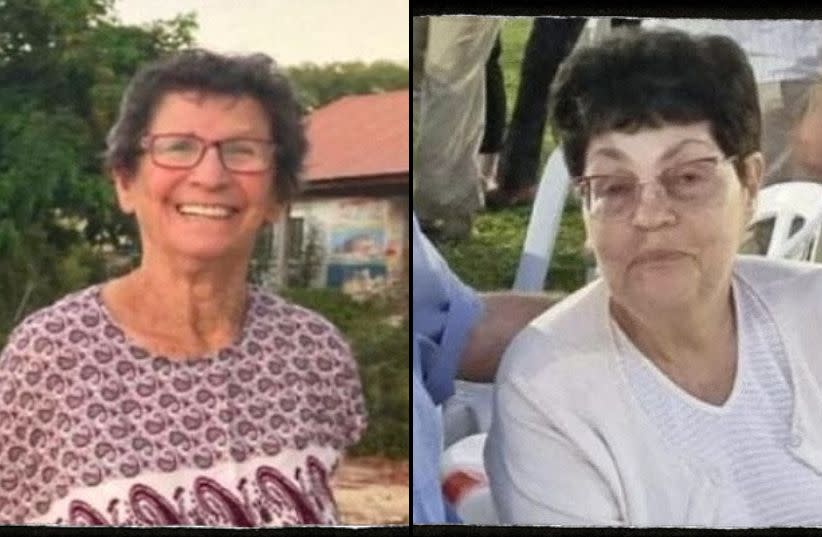Can a woman whose husband is held hostage in Gaza be a reliable narrator of Hamas's underground tunnel city?
On Tuesday morning, the media converged at Tel Aviv Sourasky Medical Center to hear the harrowing testimony of Yocheved Lifshitz, an 85-year-old woman who Hamas abducted during the brutal massacre in Israel on October 7.
Lifshitz, a resident of Kibbutz Nir Oz, tragically witnessed the ruthless killing of her neighbors before she and her husband were forcibly removed from their home, transported on Hamas motorcycles, and thrust into the underground world of the organization.
“I have been to hell,” Lifshitz said on Tuesday morning, just hours after Hamas chose to release her and her 79-year-old neighbor, Nurit Cooper. Sitting in a gaunt and exhausted state in a wheelchair, the freed hostage spoke.
Can a woman who has been through hell, and whose husband is still held hostage in Gaza, be a reliable narrator of Hamas’s underground tunnel city? How much of Hamas’s psychological warfare is at play?
The media swarmed around the petite woman, bombarding her with questions as she struggled to recount her experience a mere 12 hours after her release and likely only a few hours after she arrived at Sourasky. Towards the end of her account, which included the disturbing details of being beaten with a wooden pole and forced to walk several kilometers through swampy tunnels, she acknowledged that she had received some medical care and food during her time under Hamas control.

Berko stated, “She knows her husband is in their hands, and they are scrutinizing every step she takes and every word she says. Even if they did not threaten her with words, she knows they have her husband.”
The peak of psychological warfare
Hamas is widely recognized for using psychological warfare tactics, skillfully manipulating the narrative to its advantage. In numerous instances, The genocidal terrorist group has successfully portrayed themselves as victims, often exaggerating or fabricating civilian damage and scenes of suffering.
But as Dr. Irwin J. Mansdorf, a clinical psychologist and a fellow at the Jerusalem Center for Public Affairs, wrote recently, “The images and descriptions of the initial Hamas attack that showed savage violence directed at civilians need to be the backdrop for providing an accurate perspective of future Israeli actions.”
For Hamas, terrorism is a form of theater, and as former hostage Lifshitz revealed, they had rehearsed their tactics extensively.
“They were prepared for this,” she said. “They were prepared for a very long time.”
Can the world unquestioningly accept Lifshitz’s heart-wrenching testimony as indisputable truth? In her words: “The story is not over until everyone comes back and we can start building something again.”
